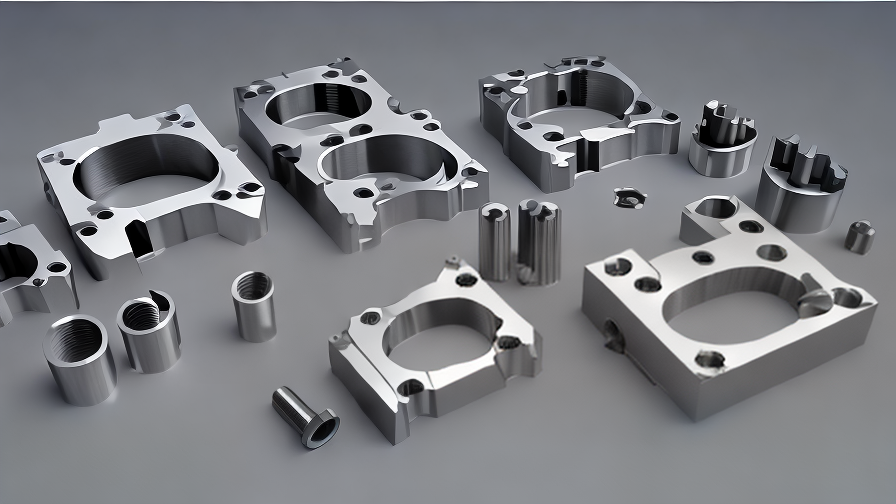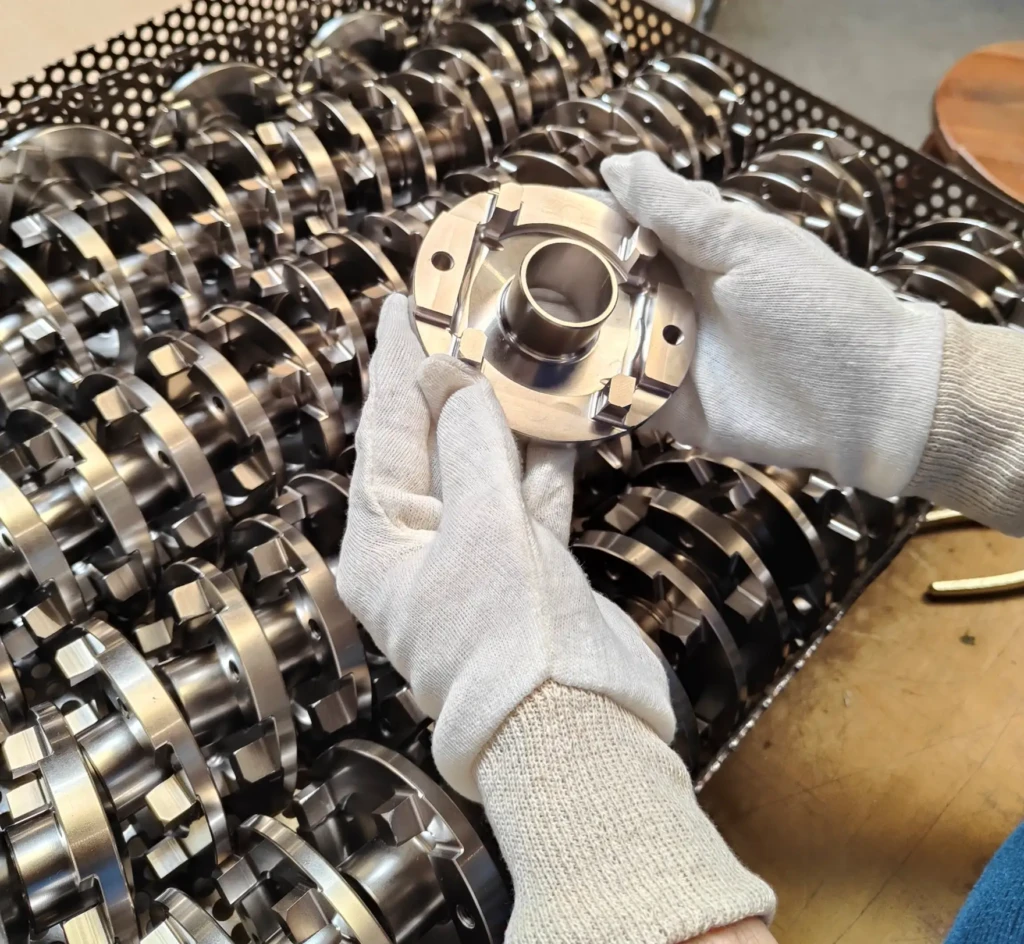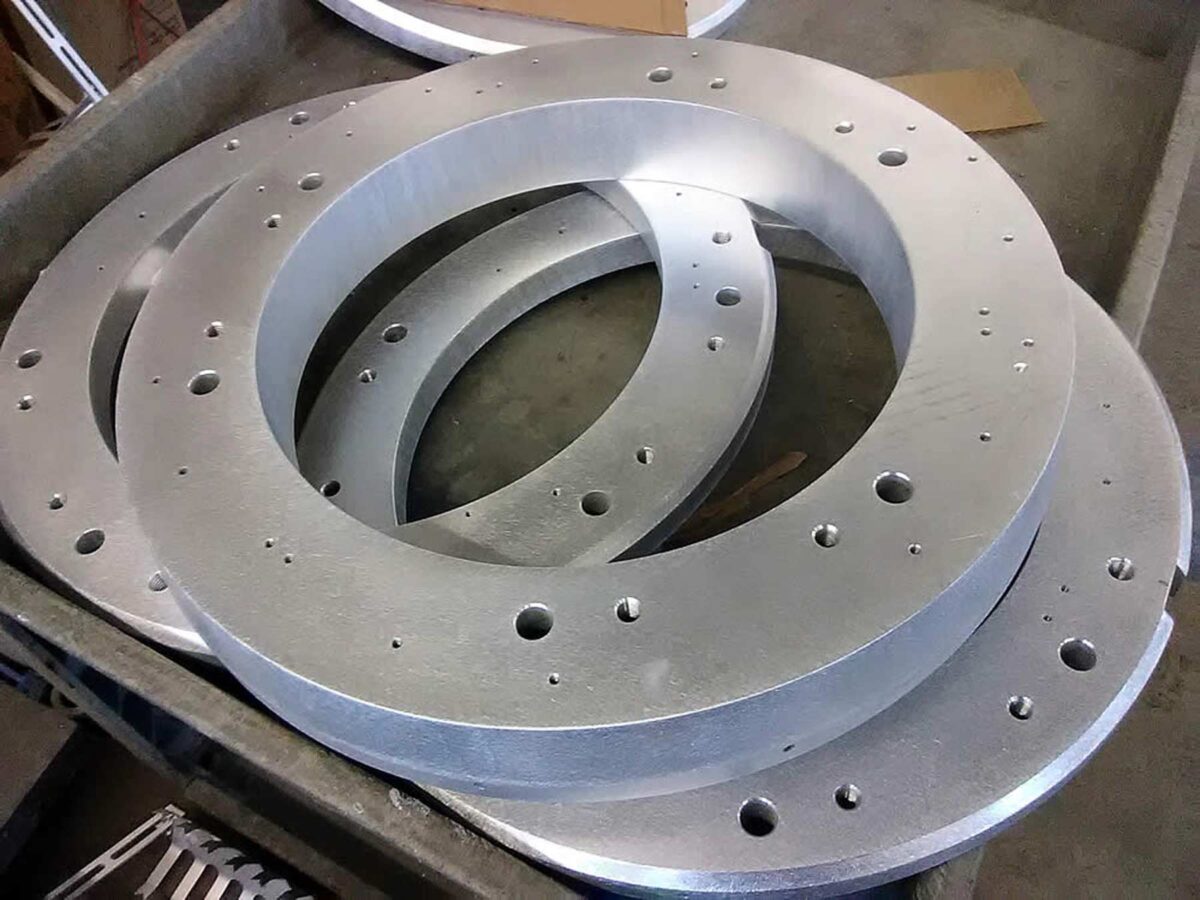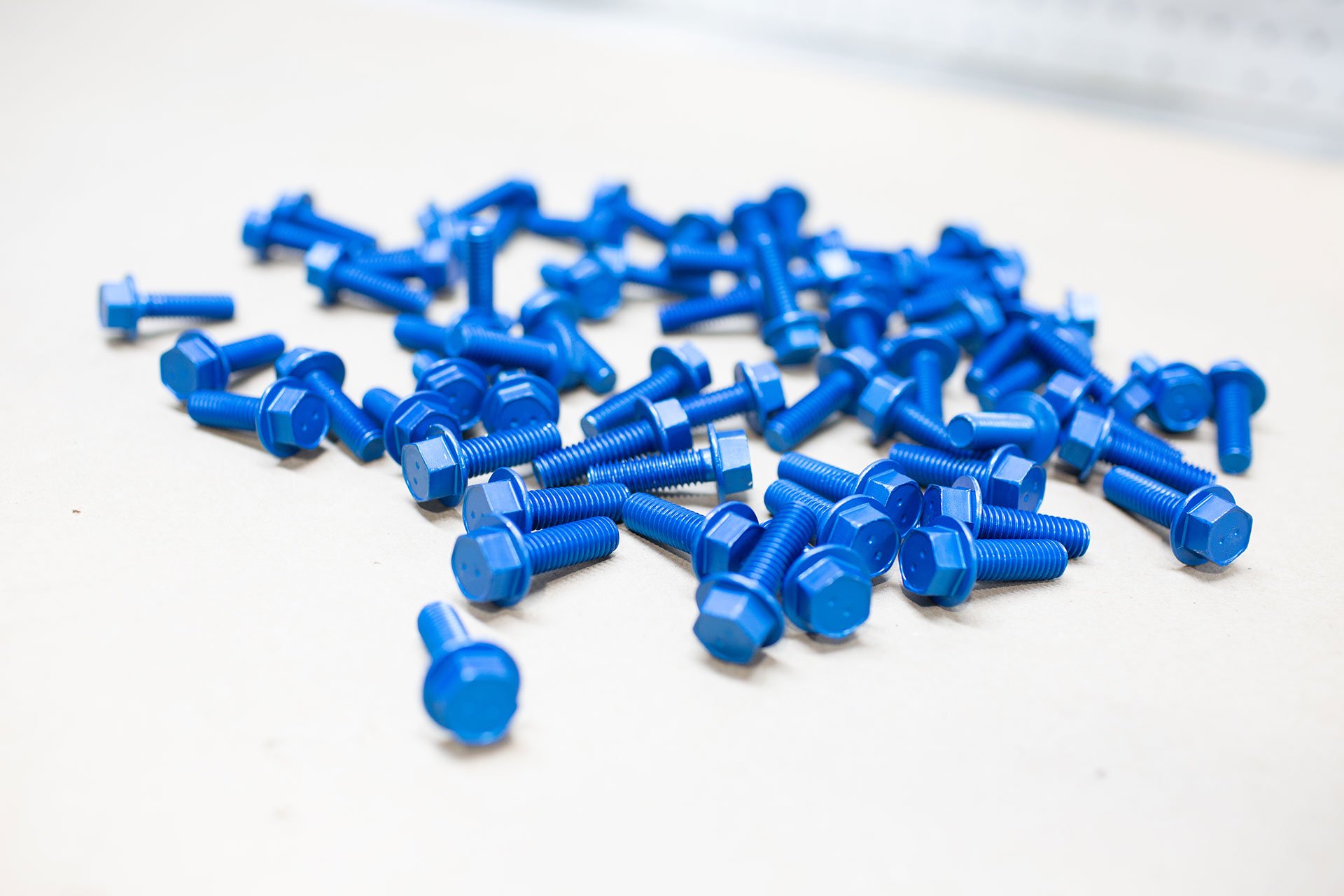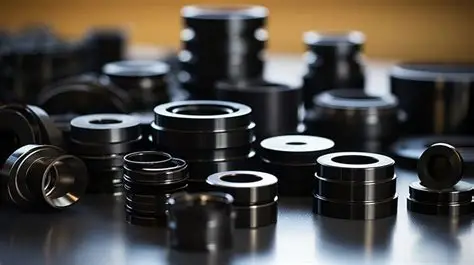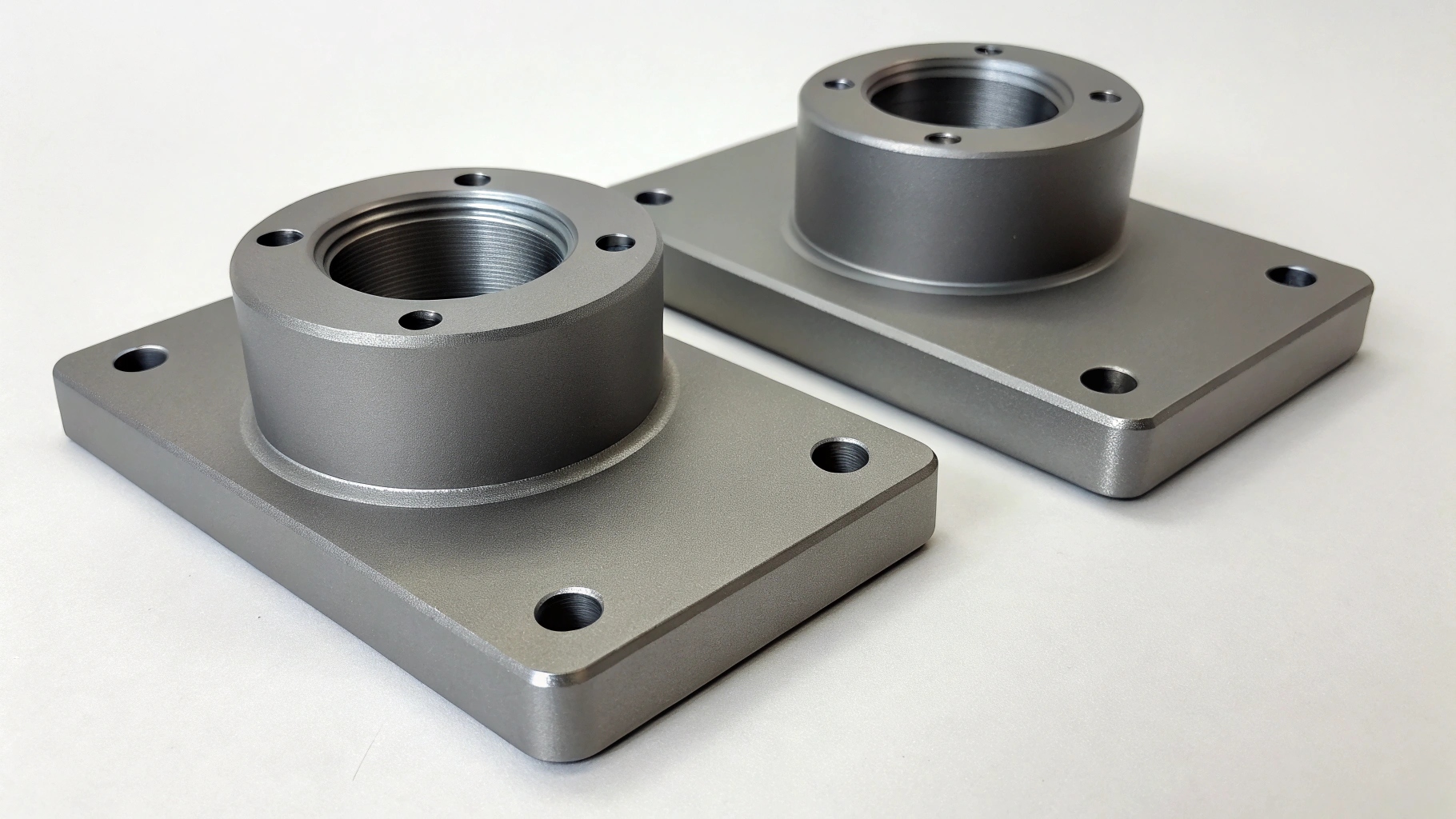Custom Machined Parts from Inconel for Defense Applications: Meeting Extreme Environment Challenges
The defense industry operates in some of the most demanding environments imaginable, requiring components that can withstand extreme temperatures, corrosive conditions, and intense mechanical stresses. Custom machined parts from Inconel for defense applications represent the pinnacle of material science and manufacturing expertise, providing reliable performance where failure is not an option. These specialized components form the backbone of critical defense systems, from aircraft propulsion to naval warfare systems and ground defense platforms.
The Strategic Importance of Inconel in Defense Applications
Inconel superalloys have become indispensable in modern defense systems due to their exceptional ability to maintain structural integrity and mechanical properties under extreme conditions. The selection of custom machined parts from Inconel for defense applications is driven by mission-critical requirements where component failure could have catastrophic consequences.
Inconel Alloy Characteristics for Defense Systems
High-Temperature Performance
-
Strength retention up to 70% of room temperature strength at 1000°F (538°C)
-
Oxidation resistance in air up to 2200°F (1204°C) for specific grades
-
Creep resistance under sustained loading at elevated temperatures
-
Thermal fatigue resistance through repeated thermal cycling
Corrosion and Environmental Resistance
-
Excellent corrosion resistance in seawater and chemical environments
-
Resistance to chloride-ion stress-corrosion cracking
-
Performance in sour gas environments containing H₂S and CO₂
-
Superior erosion resistance in high-velocity particle environments
Defense Applications Requiring Custom Machined Parts from Inconel
Aerospace and Propulsion Systems
-
Turbine blades and disks in jet engines and auxiliary power units
-
Afterburner components and exhaust system elements
-
Rocket motor components and thrust vector control systems
-
Heat shields and thermal protection systems
Naval and Marine Systems
-
Propulsion shafting and bearing components
-
Valve bodies and trim for seawater systems
-
Submarine components requiring silent operation
-
Missile launch system components
Ground Defense Systems
-
Armored vehicle power train components
-
Weapon system barrels and chambers
-
Communication system heat-resistant enclosures
-
Power generation turbine components
Table: Inconel Alloy Selection Guide for Custom Machined Parts from Inconel for Defense Applications
| Alloy | Maximum Service Temperature | Key Defense Applications | Machining Difficulty | Special Considerations |
|---|---|---|---|---|
| Inconel 718 | 1300°F (704°C) | Turbine disks, Fasteners, Structural parts | Medium-High | Age-hardenable, Requires solution treatment |
| Inconel 625 | 1800°F (982°C) | Ducting, Exhaust systems, Marine components | High | Excellent weldability, Superior corrosion resistance |
| Inconel 718 Plus | 1400°F (760°C) | Advanced turbine components, Structural frames | High | Improved temperature capability over 718 |
| Inconel 738 | 1850°F (1010°C) | Turbine blades, Vanes, Combustion chambers | Very High | Excellent castability, High gamma prime content |
| Inconel X-750 | 1300°F (704°C) | Gas turbine parts, Bolting, Springs | Medium | Age-hardenable, Good spring properties |
Technical Challenges in Manufacturing Custom Machined Parts from Inconel for Defense Applications
The very properties that make Inconel alloys ideal for defense applications also create significant manufacturing challenges that require specialized expertise to overcome.
Material-Specific Machining Difficulties
Work Hardening and Tool Wear
The rapid work hardening characteristics of Inconel alloys present significant challenges in producing custom machined parts from Inconel for defense applications:
-
Extreme work hardening rates requiring consistent chip loads and sharp tooling
-
Abrasive carbide particles in the microstructure causing rapid tool wear
-
Notch wear development at the depth of cut line
-
Built-up edge formation leading to poor surface finish and dimensional inaccuracy
Thermal Management Challenges
The low thermal conductivity of Inconel alloys creates substantial heat management issues:
-
Concentrated heat generation at the cutting interface exceeding 1500°F (816°C)
-
Thermal damage to both workpiece and cutting tool materials
-
Workpiece distortion from uneven thermal expansion during extended operations
-
Difficulty maintaining dimensional stability throughout machining processes
Defense-Specific Manufacturing Requirements
Stringent Quality Standards
The production of custom machined parts from Inconel for defense applications must adhere to rigorous quality protocols:
-
First article inspection requirements per AS9102 standards
-
Material traceability from mill source to finished component
-
Comprehensive documentation including process control records
-
Non-destructive testing including FPI, UT, and RT as required
Regulatory Compliance
-
ITAR compliance for components with defense applications
-
NADCAP accreditation for special processes
-
DFARS compliance regarding material sourcing
-
Customer-specific quality system requirements
Advanced Machining Strategies for Custom Machined Parts from Inconel
Successful manufacturing of custom machined parts from Inconel for defense applications requires implementation of sophisticated machining strategies developed through extensive experience and technical expertise.
Cutting Tool Technology and Selection
Tool Material Selection
-
Premium micrograin carbide with high cobalt content (10-12%) for toughness
-
Ceramic insert materials including silicon nitride and whisker-reinforced ceramics
-
CBN (Cubic Boron Nitride) tools for hardened conditions and finishing operations
-
Specialized tool coatings including AlTiN, TiAlN, and TiSiN for thermal protection
Tool Geometry Optimization
-
Positive rake angles with strong edge preparation for fracture resistance
-
Specialized chipbreaker designs optimized for Inconel’s stringy chips
-
Reduced contact lengths to minimize work hardening effects
-
Polished flute surfaces to prevent material adhesion and built-up edge
Machining Parameter Optimization
Conservative Yet Efficient Parameters
The production of custom machined parts from Inconel for defense applications requires carefully balanced cutting parameters:
Roughing Operations
-
Cutting speeds: 30-60 SFM (9-18 m/min) for conventional machining
-
Feed rates: 0.003-0.008 inches per tooth (0.08-0.20 mm/tooth)
-
Depth of cut: 0.050-0.150 inches (1.27-3.81 mm) based on tool diameter
-
Stepover: 20-40% of tool diameter based on tool length-to-diameter ratio
Finishing Operations
-
Cutting speeds: 80-150 SFM (24-46 m/min) for surface quality
-
Feed rates: 0.001-0.004 inches per tooth (0.025-0.10 mm/tooth)
-
Depth of cut: 0.005-0.030 inches (0.13-0.76 mm) for dimensional stability
-
Stepover: 5-15% of tool diameter for optimal surface finish
Table: Machining Parameters for Custom Machined Parts from Inconel for Defense Applications
| Operation Type | Speed (SFM) | Feed (IPT) | DoC (inches) | Tool Material | Coolant Pressure (PSI) |
|---|---|---|---|---|---|
| Rough Turning | 40-60 | 0.006-0.012 | 0.1-0.25 | Coated Carbide | 500-1000 |
| Finish Turning | 80-120 | 0.002-0.005 | 0.01-0.05 | CBN | 1000-1500 |
| Rough Milling | 30-50 | 0.004-0.008 | 0.08-0.20 | Ceramic | 1000-2000 |
| Finish Milling | 70-100 | 0.001-0.003 | 0.005-0.020 | Coated Carbide | 1500-2000 |
| Drilling | 20-40 | 0.001-0.003 | Full depth | Carbide | 1000+ |
Quality Assurance and Certification for Defense Components
The production of custom machined parts from Inconel for defense applications demands comprehensive quality systems and rigorous inspection protocols.
Dimensional Verification and Metrology
Advanced Inspection Technologies
-
Coordinate Measuring Machines with scanning capabilities for complex geometries
-
Laser radar systems for large component verification
-
Optical comparators for rapid 2D feature verification
-
Surface roughness measurement using both contact and non-contact methods
Defense-Specific Inspection Requirements
-
First article inspection per AS9102 with comprehensive reporting
-
Source inspection by customer quality representatives
-
Material certification with full traceability to melt source
-
Process control documentation for special processes
Non-Destructive Testing and Evaluation
Surface and Subsurface Inspection
-
Fluorescent penetrant inspection per ASTM E1417
-
Eddy current testing for near-surface defect detection
-
Ultrasonic inspection for internal quality assessment
-
Radiographic examination for critical internal features
Material Verification and Testing
-
Positive material identification using XRF or OES techniques
-
Microstructural examination per customer specifications
-
Mechanical testing including tensile and hardness verification
-
Corrosion testing for specific service environments
Case Studies: Custom Machined Parts from Inconel for Defense Applications Success Stories
Case Study 1: Naval Propulsion Shaft Coupling Manufacturing
Challenge: A naval defense contractor required custom machined parts from Inconel for defense applications specifically for a propulsion shaft coupling in a new class of destroyers. The component needed to withstand extreme torsional loads, seawater corrosion, and operate with minimal maintenance for extended deployments.
Custom Machined Parts from Inconel for Defense Applications Solution:
Our approach involved developing a comprehensive manufacturing strategy:
-
Multi-operation machining using horizontal boring mills with 4-meter capacity
-
Specialized tooling systems with through-tool coolant delivery at 1500 PSI
-
Stress relief operations between roughing and finishing to ensure dimensional stability
-
Non-destructive testing including ultrasonic examination of critical sections
-
Surface enhancement through low plasticity burnishing for improved fatigue performance
Results:
-
Achieved dimensional accuracy of 0.025mm on all critical features
-
Surface finish of 0.8 μm Ra on bearing surfaces exceeded specifications
-
Successfully passed 5000-hour accelerated life testing with zero failures
-
Delivered 45 units on schedule for fleet installation
Case Study 2: Military Aircraft Turbine Disk Production
Challenge: An aerospace defense manufacturer needed custom machined parts from Inconel for defense applications for a high-pressure turbine disk in a new fighter aircraft engine. The component required machining of complex internal cooling channels, precision blade attachment features, and needed to maintain material properties at temperatures exceeding 1200°F (649°C).
Custom Machined Parts from Inconel for Defense Applications Solution:
Our specialized manufacturing approach included:
-
5-axis simultaneous machining of complex internal geometries
-
High-pressure coolant delivery at 2000 PSI for heat management
-
Cryogenic machining techniques for critical features to preserve material properties
-
Adaptive control machining with real-time torque monitoring
-
Comprehensive inspection using CMM with temperature-compensated metrology
Results:
-
Achieved cooling channel positional accuracy within 0.038mm
-
Maintained material microstructure with no evidence of overheating
-
35% reduction in machining time compared to previous manufacturing methods
-
Successfully passed engine testing including 1000 thermal cycles
Case Study 3: Ground Defense System Valve Body Fabrication
Challenge: A defense systems integrator required custom machined parts from Inconel for defense applications for critical valve bodies in a mobile artillery system. The components needed to handle high-pressure propellant gases, resist chemical attack, and maintain sealing integrity under extreme vibration and thermal cycling.
Custom Machined Parts from Inconel for Defense Applications Solution:
Our comprehensive manufacturing strategy incorporated:
-
Precision boring operations using custom tooling with micro-adjustment capabilities
-
Deep-hole drilling with specialized gun drilling equipment
-
Surface treatment integration including specialized coatings for wear resistance
-
Pressure testing to 150% of maximum operating pressure
-
Vibration testing simulation during manufacturing to validate design
Results:
-
Achieved bore straightness within 0.01mm over 300mm length
-
Surface finish of 0.4 μm Ra in critical sealing areas
-
Zero failures during extended duration testing under combat simulation conditions
-
40% cost reduction through manufacturing process optimization
Future Trends in Custom Machined Parts from Inconel for Defense Applications
The manufacturing landscape for defense components continues to evolve with emerging technologies enhancing capabilities and efficiency.
Advanced Manufacturing Technologies
Additive and Hybrid Manufacturing
-
Powder bed fusion for complex internal cooling structures
-
Directed energy deposition for repair and feature addition
-
Hybrid manufacturing combining additive and subtractive processes
-
Functionally graded materials through advanced manufacturing techniques
Digital Manufacturing Integration
-
Digital thread implementation connecting design to manufacturing data
-
IoT-enabled machine monitoring for real-time process optimization
-
Predictive maintenance systems minimizing operational downtime
-
Augmented reality for operator guidance and training
Quality and Regulatory Evolution
Digital Quality Management
-
Automated inspection planning with AI-driven feature recognition
-
Blockchain technology for supply chain transparency and traceability
-
Digital twin technology for virtual process validation
-
Real-time statistical process control with automated feedback loops
According to the National Defense Industrial Association, implementation of digital manufacturing technologies can reduce defense component lead times by 30-50% while improving quality consistency and traceability.
Conclusion: Strategic Partnership for Custom Machined Parts from Inconel for Defense Applications
The manufacturing of Inconel components for defense applications represents one of the most challenging domains in precision machining. Success in producing custom machined parts from Inconel for defense applications requires not only advanced equipment and technical expertise but also deep understanding of defense requirements, material science, and quality systems.
The future of custom machined parts from Inconel for defense applications will continue to evolve with digitalization, advanced materials, and changing defense priorities driving innovation. Manufacturers who master these advanced capabilities while maintaining rigorous quality standards and regulatory compliance will play a crucial role in supporting national security objectives.
For defense organizations seeking manufacturing partners with demonstrated expertise in custom machined parts from Inconel for defense applications, Jiluyu Precision Technology’s CNC machining services offers comprehensive solutions with defense industry experience and proven capabilities.

